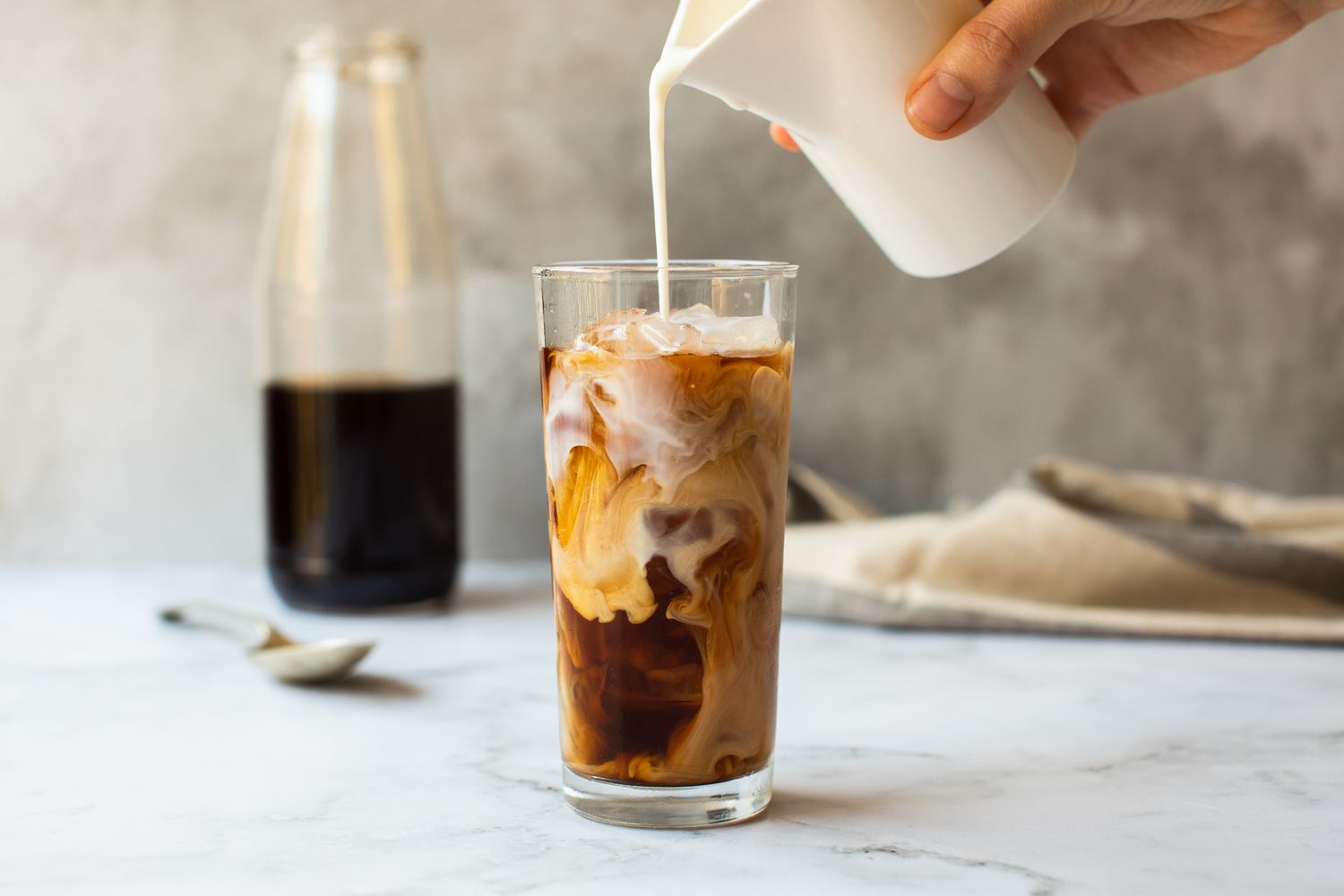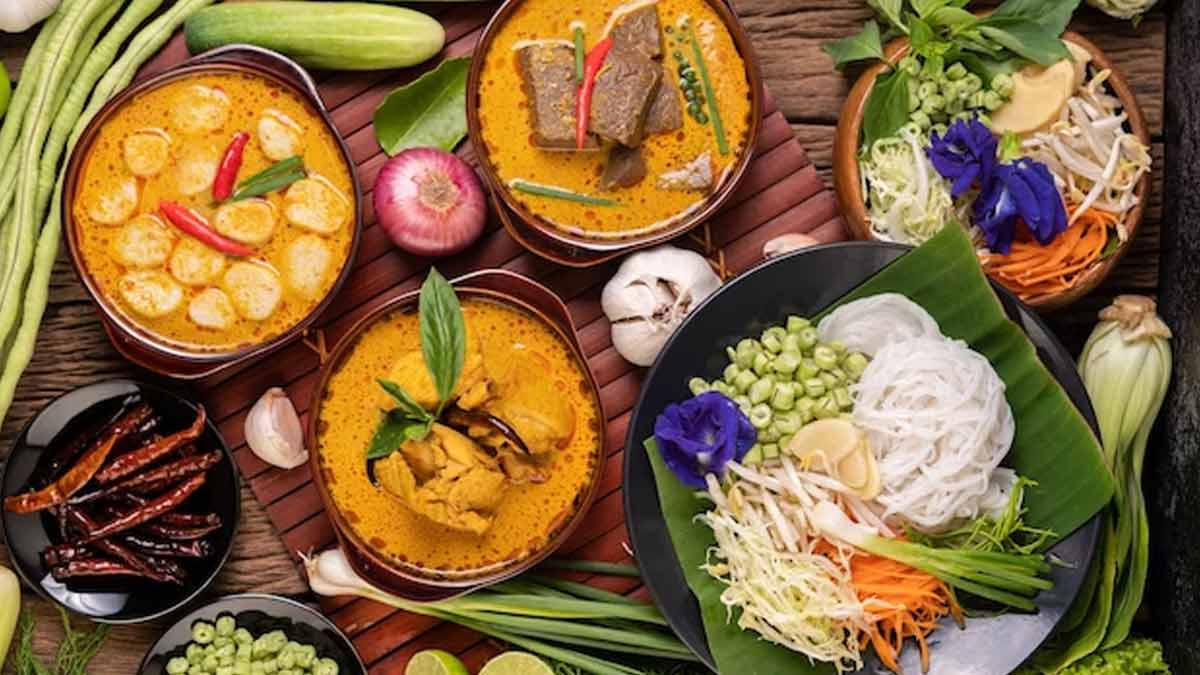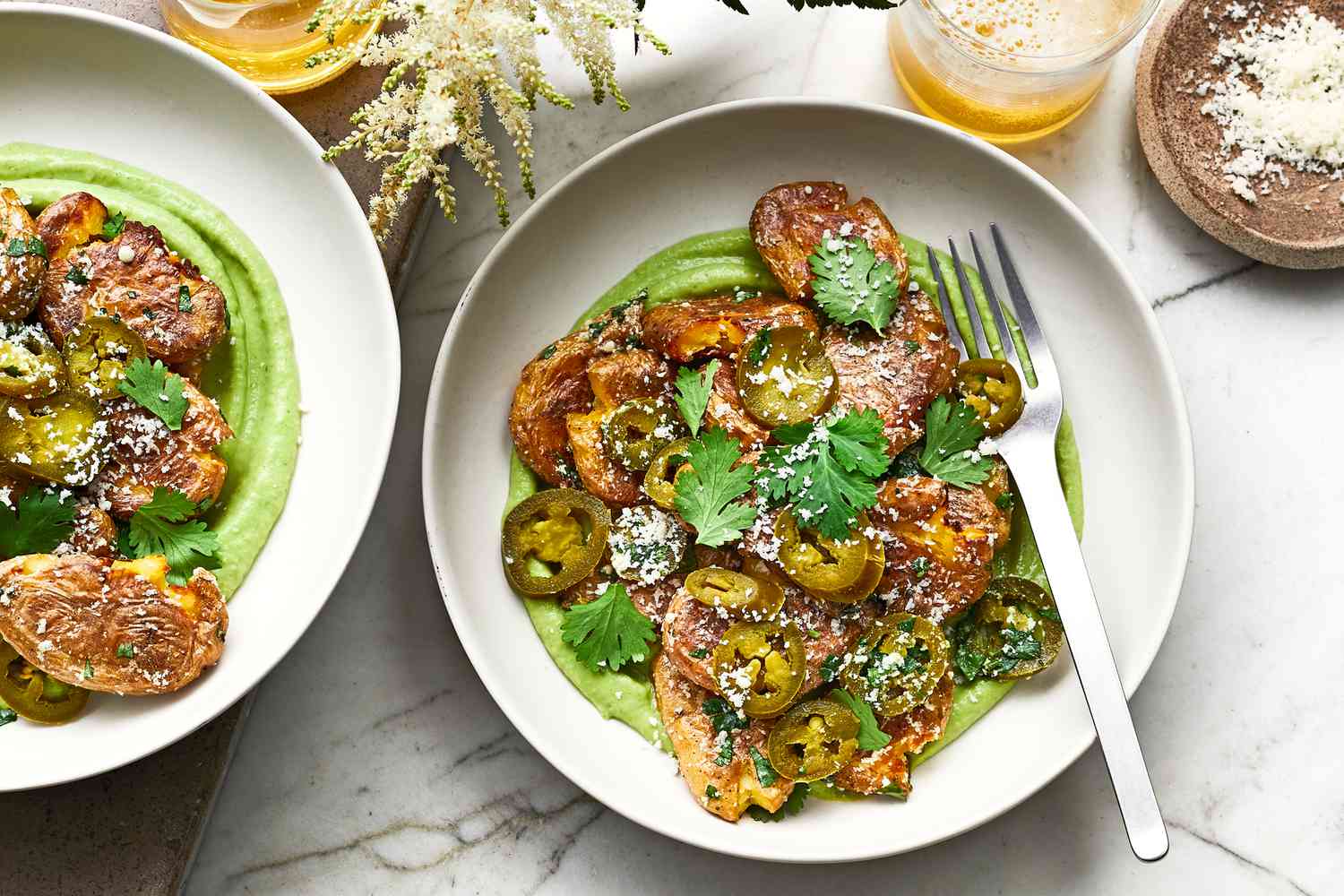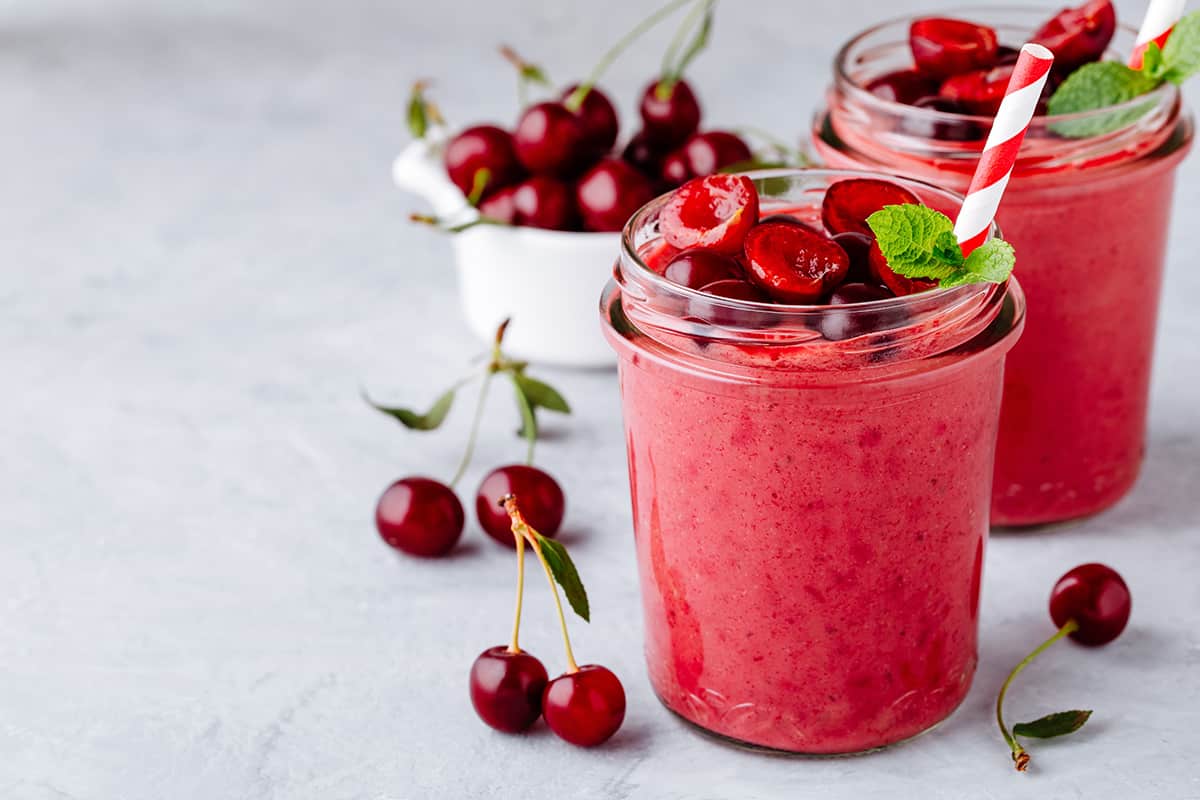What to Eat After Colon Surgery: Your Roadmap to Recovery and Lasting Colon Health
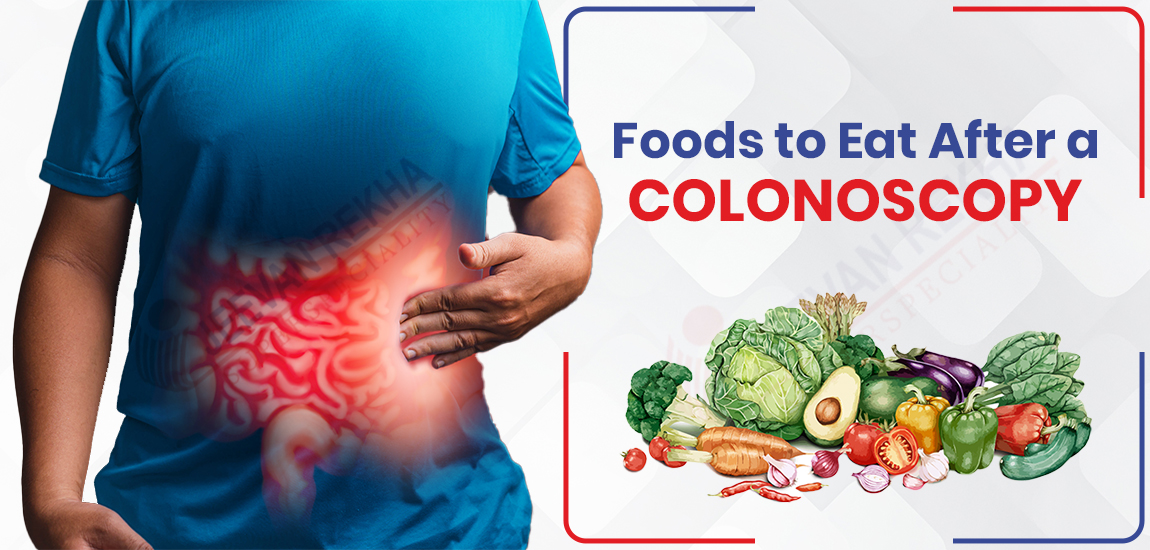
Recovering from colon surgery, whether it's a resection for cancer, removal of a colon polyp, or another procedure, can feel overwhelming. The good news? Your diet plays a starring role in healing, reducing complications, and supporting long-term colon health. Immediately after surgery, your digestive system needs gentle handling to avoid strain on the healing incision and promote bowel function. As you progress, focusing on nutrient-rich foods helps rebuild strength while minimizing risks like constipation or diarrhea.
This guide dives deep into "what to eat after colon surgery," explores "what not to eat after colon surgery," and ties it all to colon polyp prevention and overall colon health. Drawing from expert recommendations, we'll cover phased eating plans, sample meals, and tips to keep your gut thriving. Remember, always consult your surgeon or a registered dietitian for personalized advice, as needs vary based on the surgery type and your health history.

Why Diet Matters After Colon Surgery
Colon surgery, often called a colectomy or polypectomy for colon polyp removal, alters your bowel's structure and function. Post-op, your body is vulnerable to infections, poor wound healing, and irregular bowel movements. A well-planned diet provides essential nutrients like protein for tissue repair, fluids for hydration, and fiber (introduced gradually) to regulate digestion.
Research shows that poor nutrition post-surgery can extend hospital stays and increase readmission risks. Conversely, a balanced approach supports microbiome recovery—the gut bacteria crucial for colon health. For those who've had a colon polyp removed, diet is key to preventing recurrence; studies link high-fiber, anti-inflammatory foods to lower polyp formation rates. Prioritizing colon health through diet not only aids short-term recovery but also reduces future risks like colorectal cancer.
Phase 1: Clear Liquids – The First 24-48 Hours
Right after surgery, you'll likely start with a clear liquid diet to ease your system back into action. This phase minimizes residue in the colon, allowing it to rest while preventing nausea or blockages.
What to Eat After Colon Surgery in Phase 1:
- Clear broths (chicken or vegetable bouillon, no solids).
- Pulp-free fruit juices like apple or cranberry.
- Herbal teas (chamomile or ginger for soothing).
- Gelatin, popsicles, or sorbet (avoid red or purple dyes to prevent confusion with blood in stool).
- Water, electrolyte drinks, or clear sports drinks for hydration.

Aim for 6-8 small servings daily to stay hydrated—dehydration is a common post-op issue. These choices are low-residue, meaning they pass through quickly without taxing the healing colon.
Phase 2: Full Liquids and Soft Foods – Days 2-7
As tolerated, transition to full liquids and soft foods. This builds calories and nutrients without overwhelming digestion. Focus on easy-to-digest options to support energy levels and protein synthesis for healing.
Recommended Foods:
- Dairy: Yogurt (plain, low-fat), milkshakes, or pudding.
- Proteins: Scrambled eggs, smooth peanut butter, or blended cottage cheese.
- Carbs: White rice porridge, mashed potatoes (no skin), or refined pasta.
- Fruits/Veggies: Applesauce, ripe bananas, or canned peaches (peeled and soft-cooked).
- Other: Smooth soups (creamy, strained), ice cream, or custard.
A sample day: Breakfast of yogurt with banana puree; lunch of egg drop soup; dinner of mashed potatoes with soft-cooked carrots. These provide potassium and gentle fiber to ease constipation, a frequent concern after anesthesia and pain meds.
For colon health, incorporate probiotic-rich yogurt early to repopulate beneficial gut bacteria, which can be disrupted by surgery and antibiotics.

Phase 3: Low-Fiber Diet – Weeks 1-4
By week one, most patients advance to a low-fiber diet (10-15g fiber/day) to promote bowel regularity without irritation. This is crucial for those recovering from colon polyp removal, as it allows the site to heal fully.
What to Eat After Colon Surgery Now:
- Grains: White bread, refined cereals (like Cream of Wheat), or pasta.
- Proteins: Tender meats (baked chicken, fish fillets), eggs, or tofu.
- Veggies: Well-cooked and peeled options like carrots, green beans, or zucchini (1/2 cup per serving).
- Fruits: Canned or cooked varieties without skin/seeds (pears, melons).
- Fats: Avocado in small amounts or olive oil for healthy calories.
Gradually increase portions: Start with 4-6 small meals. Nutrient-dense additions like fortified cereals boost vitamins A and C for immune support and wound healing. To tie into colon health, emphasize anti-inflammatory foods—salmon for omega-3s, which may reduce polyp risk per studies on colorectal health.
:max_bytes(150000):strip_icc()/Health-GettyImages-974251806-bee639463a554149a83565ac50221759.jpg)
Sample Meal Plan:
| Meal | Foods |
|---|---|
| Breakfast | Oatmeal (refined) with peeled apple slices and yogurt |
| Snack | Cottage cheese with banana |
| Lunch | Baked white fish with mashed potatoes and steamed peas |
| Snack | Pudding or sorbet |
| Dinner | Pasta with soft-cooked veggies and ground turkey |
| Evening | Herbal tea with crackers |
This plan clocks in around 1,800 calories, adjustable for needs.
Advancing to a Normal Diet: Weeks 4+
Once cleared (usually 4-6 weeks), reintroduce fiber slowly (aim for 25-30g/day) to support long-term colon health. Monitor for tolerance—bloating or cramps signal to slow down.
Ongoing Recommendations for What to Eat:
- High-fiber whole grains: Brown rice, whole wheat bread.
- Lean proteins: Poultry, beans, nuts (in moderation).
- Veggies/Fruits: Leafy greens, berries, broccoli—key for colon polyp prevention.
- Probiotics: Kefir, sauerkraut for gut balance.
A Mediterranean-style diet shines here: Rich in fruits, veggies, and healthy fats, it's linked to better colon health outcomes and lower polyp recurrence.

What Not to Eat After Colon Surgery: Foods to Avoid for Smooth Recovery
Just as important as what to include is steering clear of irritants. "What not to eat after colon surgery" boils down to anything that could cause gas, diarrhea, or strain on the anastomosis (surgical join).
Top Foods to Avoid:
- High-Fiber Culprits: Raw veggies (salads, broccoli), whole grains, bran cereals—these bulk up stool and risk blockages early on.
- Fatty/Greasy Items: Fried foods, butter, fatty meats (bacon, sausage), or chips; they slow digestion and promote nausea.
- Gas-Producers: Beans, carbonated drinks, onions, or cruciferous veggies (cauliflower) in excess.
- Spicy or Acidic: Hot sauces, citrus (unripe), or tomatoes—irritate the healing gut.
- Dairy if Intolerant: Full-fat milk or unpasteurized cheeses (risk of bacteria).
- Tough Textures: Nuts, seeds, popcorn, or chewy meats—hard to digest.
- Others: Alcohol, caffeine, or raw/undercooked proteins (salmonella risk post-surgery).
In the first weeks, skip anything "diet" or low-fat labeled—these can have hidden fibers or laxatives. For colon polyp patients, long-term avoidance of processed meats (hot dogs, deli) is vital, as they're tied to higher polyp and cancer risks.
If you've had a colon polyp removed, extend caution: Avoid red meats and sugary foods, which inflame the colon lining.
Long-Term Colon Health: Preventing Polyps Through Diet
Beyond recovery, diet is your best ally for colon health. Colon polyps—precancerous growths—thrive in unbalanced guts, but lifestyle tweaks can slash risks by up to 50%.
Proven Strategies:
- Fiber Power: 25-35g daily from oats, beans, and apples; it sweeps the colon clean.
- Antioxidants: Berries, bell peppers, and citrus for vitamin C to fight inflammation.
- Omega-3s: Fatty fish twice weekly to lower polyp formation.
- Hydration: 8-10 glasses of water to soften stool and aid detox.
- Limit: Red/processed meats to once weekly, sugary drinks, and alcohol.
Studies from Cleveland Clinic and others affirm: Plant-based diets correlate with fewer polyps and better post-polypectomy outcomes. Track with a food journal and annual screenings.

Practical Tips and Recipes for Success
- Eat Slowly: Chew thoroughly to aid digestion.
- Portion Control: Small, frequent meals prevent overload.
- Supplements: If needed, discuss protein shakes or fiber aids with your doc.
- Quick Recipe: Banana Yogurt Parfait (Phase 2) – Layer plain yogurt, mashed banana, and a sprinkle of refined oats. (200 calories, gut-friendly.)
Listen to your body—if issues persist, seek medical help. Emotional support matters too; join colon health groups for shared tips.
In wrapping up, mastering "what to eat after colon surgery" and heeding "what not to eat after colon surgery" sets the stage for vibrant recovery. By weaving in colon polyp prevention and colon health boosters, you're not just healing—you're investing in a resilient future. You've got this; nourish wisely and reclaim your vitality.

